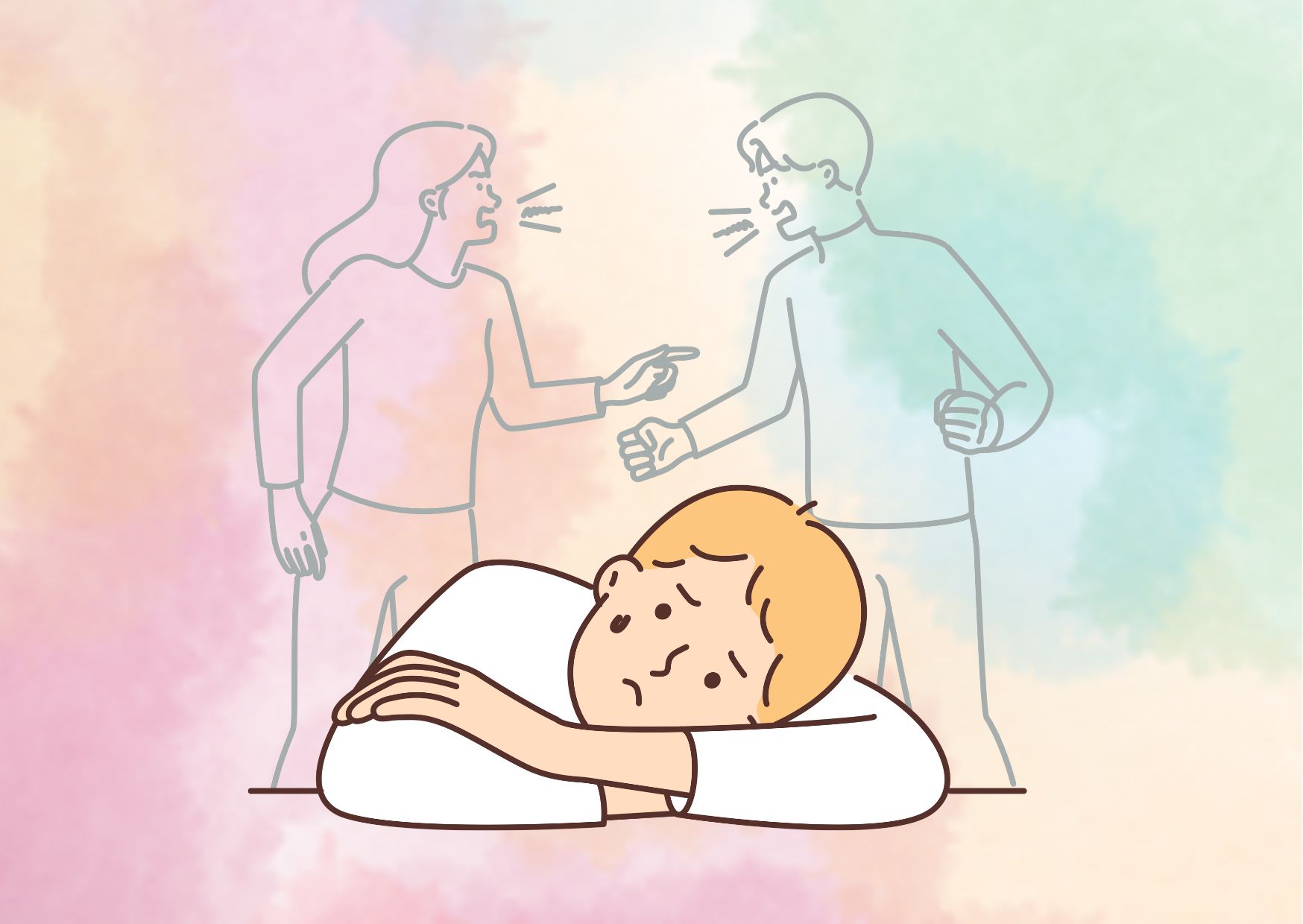Are Your Children More Likely to Divorce If You Divorce?
Divorce can have a profound impact on children, affecting not only their emotional and psychological well-being but also their future relationships. As parents, it is crucial to understand the potential consequences of divorce on children and take steps to mitigate any negative effects. In this article, we will explore the research and statistics surrounding the intergenerational transmission of divorce, the impact of divorce on children’s attitudes towards relationships, and strategies to support children through the divorce process.
Research suggests that the likelihood of children divorcing in their own marriages can be influenced by various factors, and it’s important to note that correlation does not imply causation. While children of divorced parents may face unique challenges, their future relationships are shaped by a combination of individual, familial, and societal factors.
Divorce Rates and the Intergenerational Transmission of Divorce
Divorce rates have been steadily increasing over the years, with approximately 36.6% of marriages in the UK ending in divorce. This high rate of divorce has raised concerns about the intergenerational transmission of divorce, where children of divorced parents are more likely to experience divorce in their own marriages.
Research conducted by a sociologist Nicholas H. Wolfinger, has shown that children from divorced families are more likely to marry at a younger age, cohabitate before marriage, and marry someone who is also a child of divorced parents. Furthermore, these children are one-third less likely to marry if they are over the age of 20.
Interestingly, Wolfinger’s research also suggests that if one spouse comes from divorced parents, the couple may be up to twice as likely to divorce. Couples where both partners are children of divorced parents are three times more likely to divorce compared to couples from intact families.
Are Your Children More Likely to Divorce If You Divorce?
The divorce rate in the UK has fluctuated over the years. In recent years, the divorce rate had been decreasing, partly due to changes in social attitudes, legal reforms, and the fact that fewer people were getting married. However, the COVID-19 pandemic might have influenced divorce rates differently.
Attitudes Towards Relationships and Marriage
Growing up in a divorced family can significantly impact children’s attitudes towards relationships and marriage. They may develop less positive attitudes towards marriage and more positive attitudes towards divorce. This negative perception of marriage can lead to decreased commitment to romantic relationships and lower relationship quality.
Studies have shown that children of divorced parents have lower levels of trust in relationships. They may struggle with trust issues and have difficulty forming deep and meaningful connections with their partners. Additionally, these children may have a heightened fear of rejection and may struggle with commitment due to their parents’ divorce experience.
